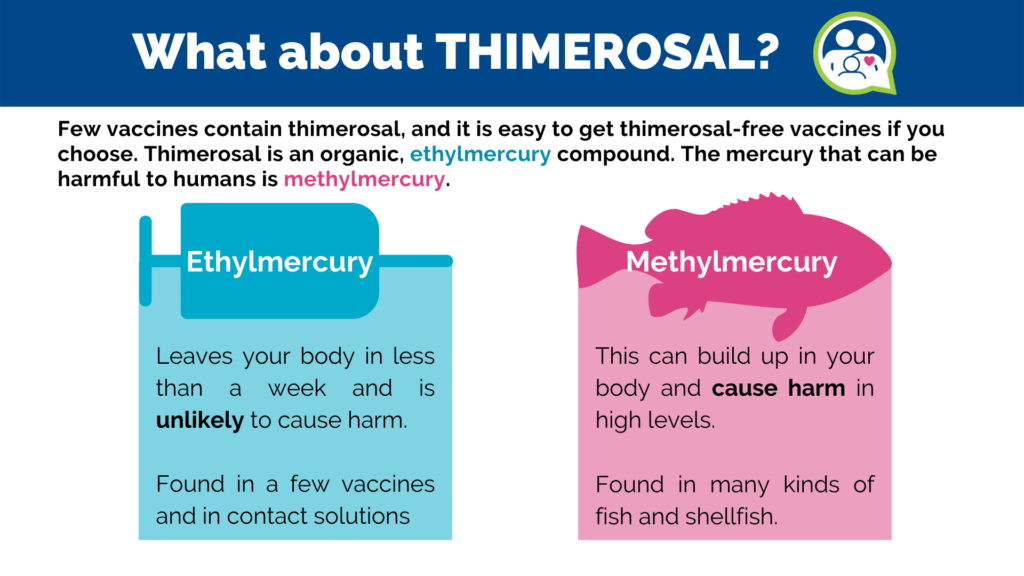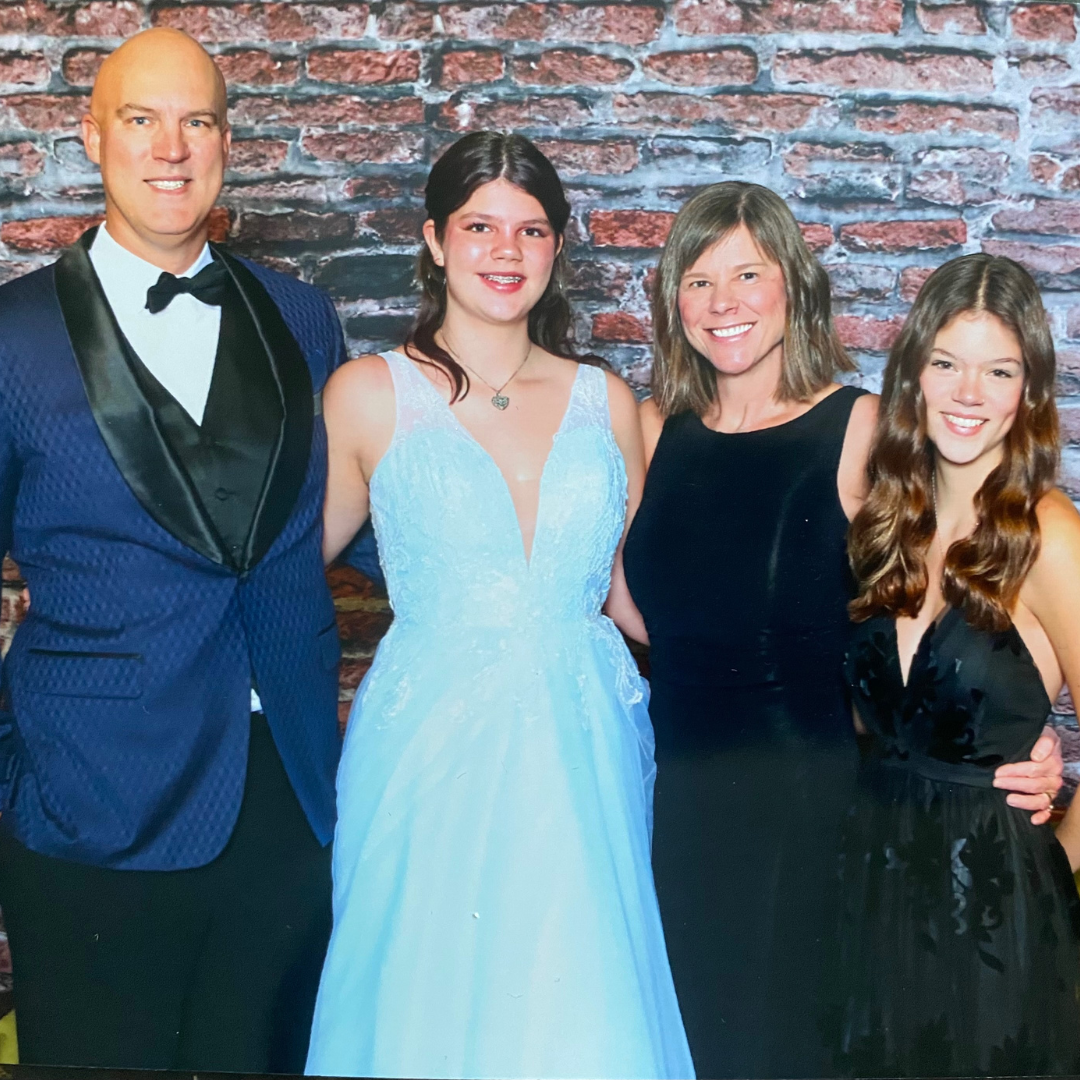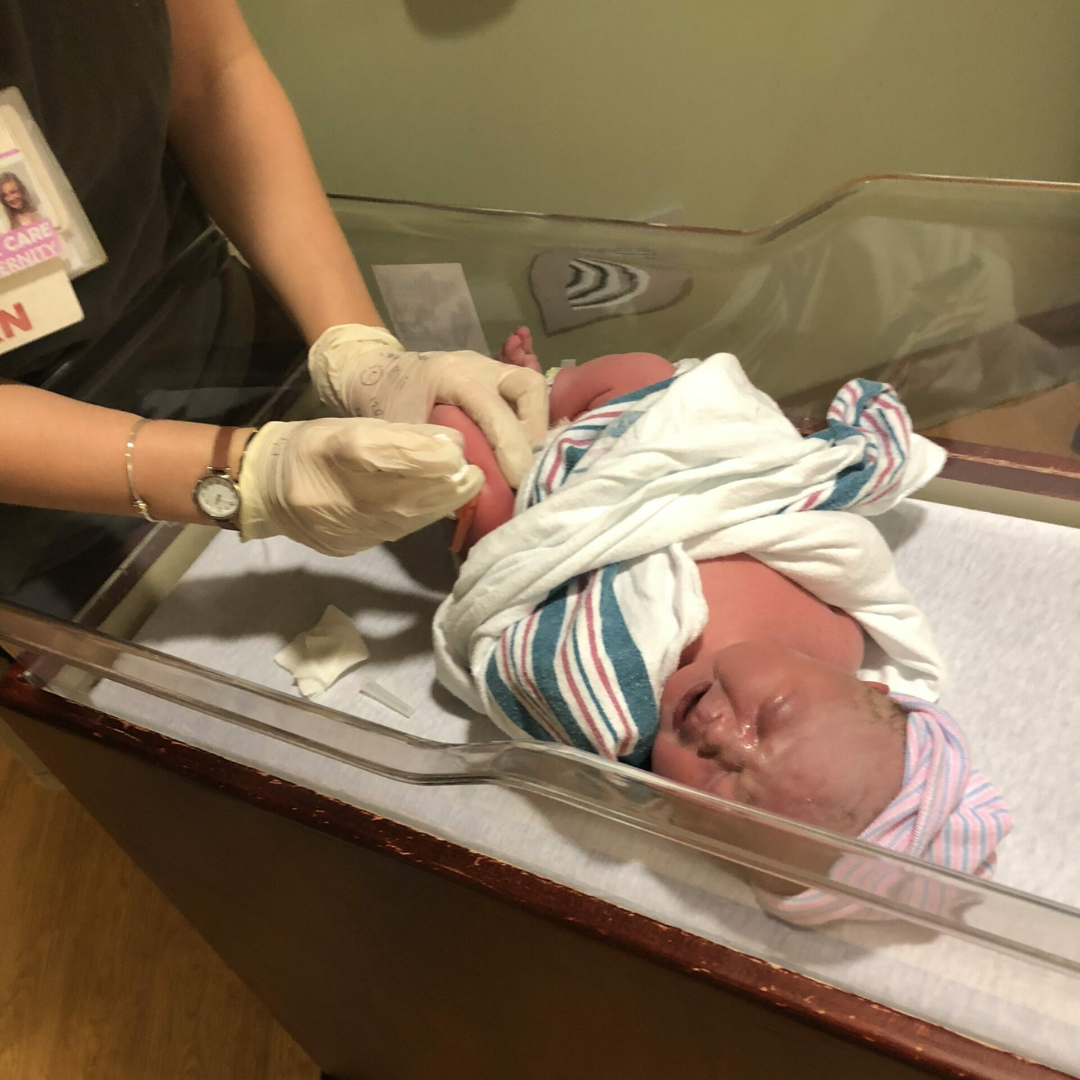What is ACIP?
Historically, the Advisory Committee on Immunization Practices (ACIP) is an independent panel of vaccine specialists that meets at the Centers for Disease Control and Prevention (CDC). After the Food and Drug Administration (FDA) licenses a vaccine, ACIP evaluates clinical-trial findings, post-marketing surveillance, and disease-burden data, then votes on how and for whom the product should be used. ACIP usually meets three times a year.
Its recommendations shape the U.S. immunization schedule that physicians, pharmacists, insurers, and public health programs use to determine who gets vaccines and when they get them. In the past, seventeen voting members, including pediatricians, infectious disease scientists, and infectious-disease physicians, with one seat reserved for a consumer representative, were selected through an open Department of Health and Human Services process. They filed financial disclosures each year and recused themselves from decisions where they had conflicts of interest.
Who is on the committee now?
In June, Senator Kennedy fired 17 members and replaced them with eight new members, several of whom have publicly questioned aspects of recent COVID policies or vaccines in general. Others have generally supported routine childhood immunizations but favored a cautious approach to new vaccines. Collectively, their experiences are varied: clinical pediatrics, biostatistics, supply-chain analytics, anti-vaccine advocacy, emergency medicine, industry strategy, and neurodevelopmental research.

During the June 25-26, 2025, ACIP meeting, they have contributed a broad range of perspectives on vaccine safety, cost-effectiveness, and public trust.
Dozens of non-voting liaison delegates from professional societies and federal agencies attend the meetings, and major medical organizations such as the American Academy of Pediatrics and American Academy of Family Physicians review and usually endorse ACIP’s votes before guidance reaches clinicians and families.
What did ACIP discuss at the June 2025 meeting?
ACIP meetings are divided into presentations of information studied by large workgroups over many months, questions and discussion by ACIP members, the opportunity for selected members of the public to comment, and votes on the recommendations of selected vaccines. The working groups include additional experts on individual vaccines and diseases, CDC and FDA subject matter experts, and medical organization members. This group initially scours information and helps to ensure that data-driven information is presented to the voting ACIP members.
During the first day of the meeting, subject matter experts gave detailed presentations about RSV and COVID-19 vaccines. Members also heard presentations about and discussed RSV monoclonal antibodies (mAbs) that protect babies. These antibodies mimic antibodies that the child might develop naturally when their immune system is more mature. While not a vaccine, these antibodies provide protection to babies whose mothers were not vaccinated against RSV during pregnancy. Protecting very young infants is critical because their lungs and breathing tubes are tiny, and they are more likely to suffer the worst effects of the disease.
On the second day of the meeting, the committee discussed influenza, chikungunya, MMRV (measles, mumps, rubella, and chickenpox), and anthrax vaccines, guided by presentations by subject matter experts and others.

A former president of Children’s Health Defense, who is not a subject matter expert, gave a presentation about thimerosal. Thimerosal is a preservative used to prevent bacterial and fungal growth in vials with multiple doses. It is used in only 5% of influenza vaccines in the United States. Flu vaccines with thimerosal come from multi-dose vials and are mostly given to adults living in shared residential situations such as nursing homes. This presentation was added to the agenda by the new ACIP members and not by the influenza working group. The presentation incorrectly suggested that thimerosal is dangerous and causes autism.
Thimerosal contains tiny amounts of ethylmercury, which is safe and quickly leaves the body. It’s different from harmful methylmercury found in some fish. Thimerosal has been used safely in vaccines, drugs, and contact solutions since the 1930s. Decades of studies across the globe have shown that thimerosal is safe in the amounts used in vaccines.
Autism is linked to genetics and prenatal development, not vaccines. Studies show that if one identical twin has autism, there is a high chance the other twin will, too, even if they were never vaccinated. Research also shows that brain differences in autistic children start developing before birth, long before any vaccines are given. Scientists have studied many possible causes, and vaccines are not a possible cause.
What decisions were made during the meeting?
The committee approved a recommendation allowing a new RSV monoclonal antibody (mAb) as another choice, in addition to the mAb recommended last year.
They also approved the mAb to be covered by the Vaccines for Children program, which provides vaccines to half of the children in the United States: those who are uninsured and would otherwise have no access to vaccination.
They next voted to continue recommending the annual influenza vaccination for all people six months old and older.
Lastly, the committee voted to eliminate the recommendation on flu vaccines that includes multi-dose vials containing thimerosal. Globally, many countries rely on multi-dose vaccine vials to vaccinate large numbers of people affordably. You will still be able to find a flu vaccine this fall based on this decision, but your options will be limited to single-dose flu vaccines, which is likely what you have received for many years.





